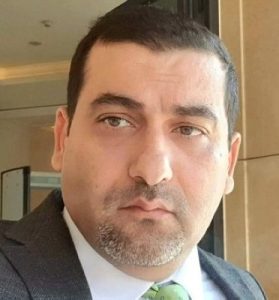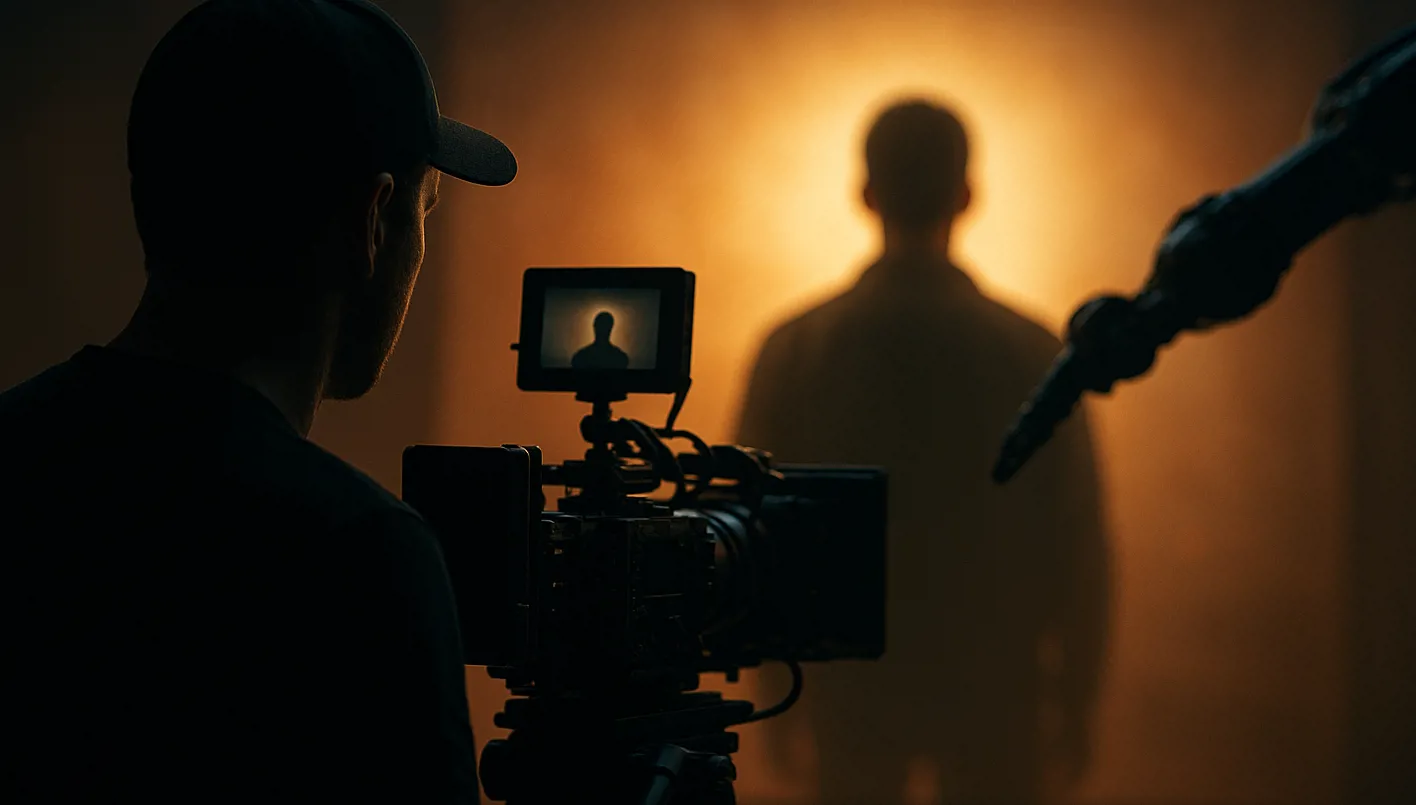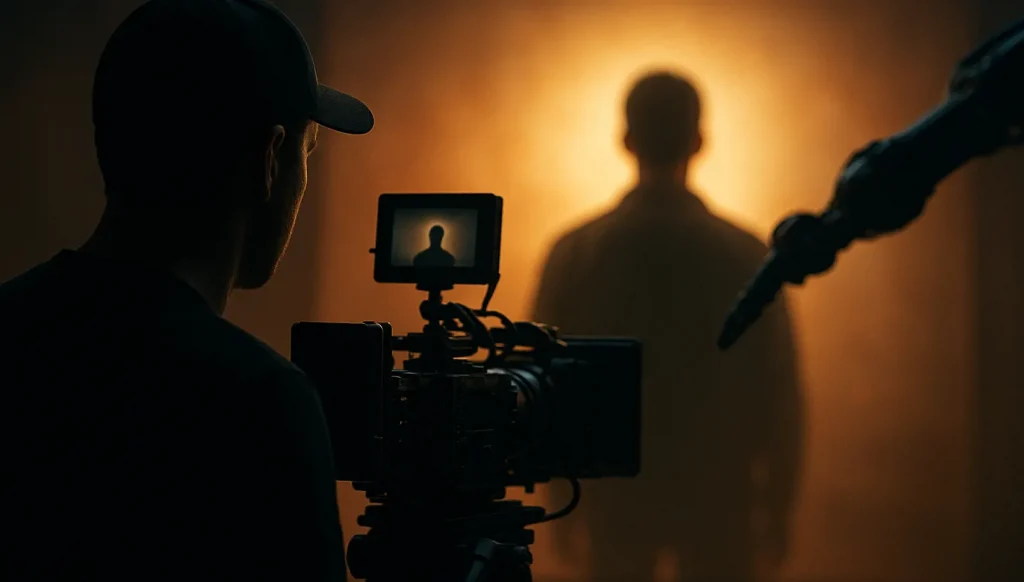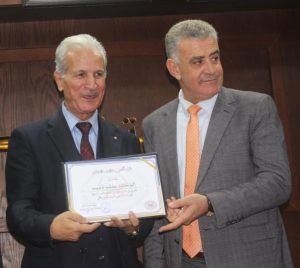ليس السؤال عمّا يمكن للذكاء الاصطناعي أن يفعله في السينما، بل عمّا سيبقى للفن إذا غابت عنه البصمة البشرية. في حوار مع” النهار”، تتوقف المخرجة والسيناريست الأردنية سهى إسماعيل أمام التحولات الجارفة في صناعة الأفلام، مؤكدة أن المخرج سيظلّ حجر الزاوية مهما تطورت الخوارزميات، لأنه وحده يمتلك ما لا يمكن برمجته: الرؤية والخيال والقدرة على منح الصورة معنى يتجاوز حدود التقنية.
المخرج… بوصلة الحكاية وروح الفيلم
تقول إسماعيل إن المخرج ليس مجرد منفّذ للتقنيات أو مدير لطاقم العمل، بل هو قائد العملية الإبداعية من البداية إلى النهاية. “هو من يعرف كيف يُترجم النص إلى مشاهد، وكيف يوظّف أداء الممثلين وحركة الكاميرا والإضاءة والموسيقى لخدمة القصة. هذه عناصر متداخلة تحتاج عقلًا يجمعها في رؤية واحدة، وهذا ما لا يمكن أن تفعله الخوارزميات وحدها.”
وتضيف أنّ الإنترنت اليوم مليء بمقاطع مصوّرة مولدة بالذكاء الاصطناعي، بعضها مبهر بصريًا لكنه يفتقر إلى الحكاية والرسالة، ما يكشف الحاجة الملحّة لمخرج يمنح العمل وحدته ومعناه. فالمؤثرات وحدها، تقول إسماعيل، لا تصنع فيلمًا خالدًا، بل تحتاج إلى عقل بشري قادر على ضبط الإيقاع ورسم المسار الدرامي بوعي وجماليات متقنة.
التوازن بين الإبداع والأدوات الجديدة
لا ترى إسماعيل أنّ دخول الذكاء الاصطناعي يمثل تهديدًا للمخرجين، بل فرصة لإعادة تشكيل العملية الإبداعية. تقول: “في مرحلة ما قبل الإنتاج، يمكن استخدام هذه التقنيات لمحاكاة التصوير بكامل تفاصيله، من حركة الكاميرا إلى زوايا الإضاءة، ما يمنح المخرج تصورًا دقيقًا قبل بدء العمل الفعلي.”
وتوضح أن التقنيات الحديثة باتت قادرة على تصميم خلفيات كاملة، ومحاكاة الأزياء والماكياج والإضاءة الطبيعية والمعقدة، وحتى تخطيط حركة الممثلين داخل المشاهد، وهو ما كان يتطلب سابقًا فرقًا ضخمة وأسابيع طويلة من التحضير. لكن رغم ذلك، تشدد على أنّ هذه الأدوات تظلّ محايدة بطبيعتها، وأنّ القيمة الحقيقية تأتي من الطريقة التي يختار بها المخرج توظيفها بما يخدم القصة ويعزّز أثرها الفني والإنساني.
فرص جديدة لمواهب شابة
تلفت إسماعيل إلى أنّ هذه التحولات قد تغيّر خريطة صناعة السينما، لأنها تمنح مخرجين شبابًا فرصًا لم تكن متاحة سابقًا. “بات بإمكان أي مخرج ناشئ أن ينتج مسودات أو حلقات بايلوت بتكلفة بسيطة، ما يتيح للمنتجين اكتشاف الأفكار الواعدة قبل الالتزام بميزانيات ضخمة. هذه ثورة حقيقية في آليات الإنتاج.”
وتشير إلى أنّ خفض التكاليف سيمنح الفرصة لأفكار طموحة كان تنفيذها مستحيلًا قبل بروز هذه التقنيات. فاليوم يمكن إنتاج مشاهد خيالية أو عوالم افتراضية كاملة بموارد محدودة، ما يتيح للأعمال المستقلة منافسة الإنتاجات الكبرى من حيث المستوى البصري على الأقل، ويمنح الجمهور خيارات أوسع وتجارب متنوعة.
أمثلة على الدمج بين الإنسان والآلة
تسوق إسماعيل أمثلة عالمية لأعمال نجحت في دمج التقنيات الحديثة دون أن تفقد بعدها الإنساني، مثل فيلم The Irishman (2019) لمارتن سكورسيزي الذي استخدم الذكاء الاصطناعي لتصغير أعمار الشخصيات، وفيلم Avengers: Endgame (2019) الذي حوّل أداء الممثل جوش برولين إلى شخصية ثانوس الرقمية عالية الدقة.
كما استخدمت نتفليكس الموسيقى المولدة بالذكاء الاصطناعي في بعض إنتاجاتها، محللة بيانات ضخمة لتوليد مقطوعات تتناسب مع المشاهد وتسهم في تسريع الإنتاج. وفي اليابان، جرى توظيف التقنية نفسها لتصميم خلفيات فيلم الرسوم المتحركة الصبي والكلب (2023) عبر الدمج بين الرسوم اليدوية والمخرجات الآلية بمراجعة بشرية دقيقة، في مثال على تعاون ناجح بين الإنسان والآلة.
رؤية نحو المستقبل
تؤكد إسماعيل أنّ المرحلة المقبلة ستشهد تطورًا هائلًا في أدوات الذكاء الاصطناعي، من تحسين جودة المؤثرات إلى تطوير برمجيات تساعد المخرج في كتابة السيناريو نفسه أو تحليل ردود فعل الجمهور المتوقعة. لكنها ترى أنّ هذه التقنيات ستظل أدوات في يد المبدع البشري، وليست بديلًا عنه، لأن السينما في جوهرها فعل إنساني يتطلب خيالًا وتجربة ووعيًا بالسياق الثقافي والاجتماعي الذي يُنتج فيه العمل الفني.
وتختتم حديثها قائلة: “يمكن للذكاء الاصطناعي أن يختصر الوقت والتكلفة، لكنه لن يمنح الفيلم روحه ولا حكايته. وحده المخرج القادر على مزج الخيال بالتقنية يستطيع أن يصنع عملاً يبقى في ذاكرة الجمهور.”














Recommended for you
طالب الرفاعى يؤرخ لتراث الفن الكويتى فى "دوخى.. تقاسيم الصَبا"
مدينة المعارض تنجز نحو 80% من استعداداتها لانطلاق معرض دمشق الدولي
تقديم طلبات القبول الموحد الثلاثاء و640 طالبا سيتم قبولهم في الطب
البريد المصري: لدينا أكثر من 10 ملايين عميل في حساب التوفير.. ونوفر عوائد يومية وشهرية وسنوية
سمو الشيخ عيسى بن سلمان بن حمد آل خليفة يستقبل سفير الولايات المتحدة الأمريكية لدى مملكة البحرين
الجغبير: القطاع الصناعي يقود النمو الاقتصادي